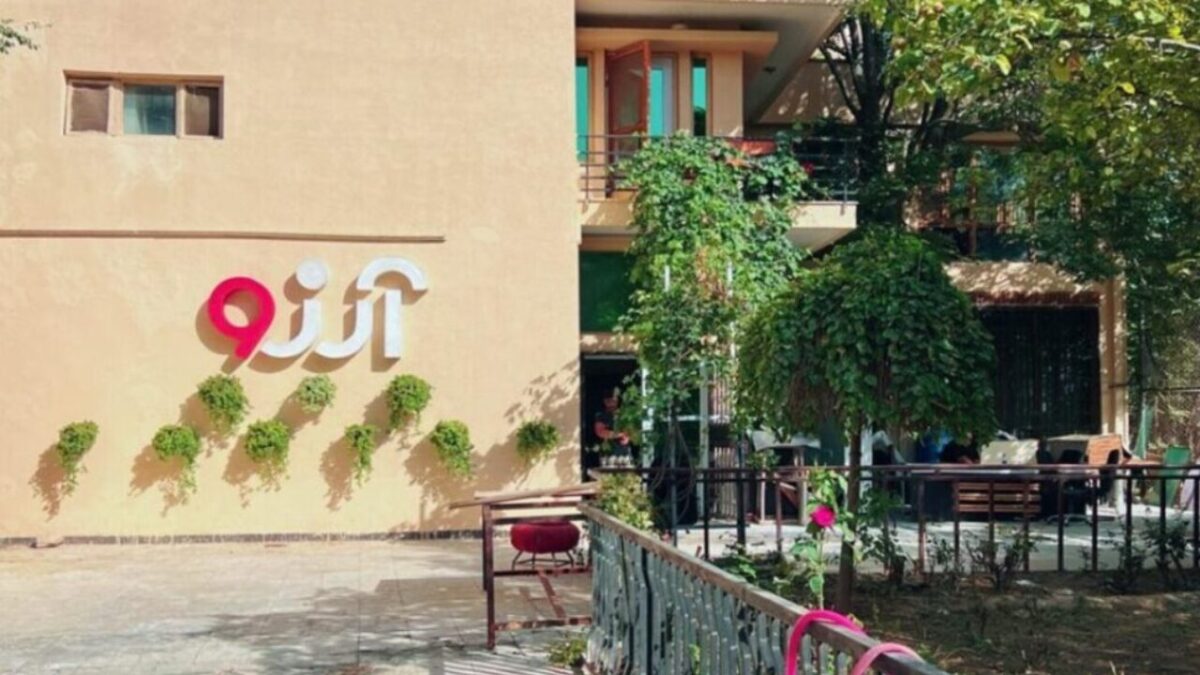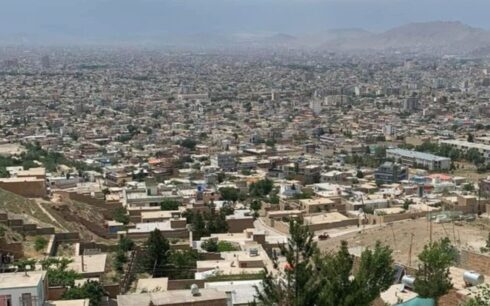KABUL, Afghanistan — Three days after the Taliban shut down Arezo TV in Kabul, the whereabouts of seven employees, including managers and dubbing staff, remain unknown. The Taliban have provided no updates on their status, according to sources familiar with the matter.
The Taliban’s Ministry for the Promotion of Virtue and Prevention of Vice claimed responsibility for the arrests, accusing the employees of collaborating with foreign media and violating Islamic values. The office of Arezo TV has been sealed, with a notice alleging that the station broadcasted “immoral films” and engaged in activities contrary to Islamic principles.
The closure has sparked outrage among Afghan journalists, who see it as part of an escalating crackdown on press freedom in the country.
A journalist in Afghanistan, speaking anonymously for fear of reprisal, said, “Restrictions on journalists and media are increasing daily. If this continues, it will mark the end of freedom of expression and media activity in Afghanistan. Instead of imposing limitations, efforts should focus on facilitating the work of journalists.”
Sources told Amu TV that on Monday, more than 10 Taliban officials stormed the Arezo TV office in Kabul, physically assaulted employees, and detained them for hours. The Taliban reportedly searched the staff’s phones before taking them into custody.
Mustafa Shahryar, a journalist, expressed concern over the implications of the closure. “Media restrictions and shutting down outlets pose a severe threat to freedom of expression,” he said. “Unfortunately, Arezo TV was closed two days ago, which could have a deeply negative impact on the work of the press.”
Organizations advocating for journalists’ rights have called for the immediate release of the detained media workers and highlighted the increasingly hostile environment for reporters in Taliban-controlled Afghanistan.
Navid Barakzai, another journalist, criticized the Taliban’s actions. “The recent raid by Taliban intelligence officials on Arezo TV once again demonstrates their unwillingness to allow media outlets to operate in Afghanistan,” he said. “They do not want journalists reporting on the realities of society or on crimes that occur.”
In a recent report, the United Nations detailed the dire challenges faced by journalists in Afghanistan, including censorship and restricted access to information. The report documented 336 human rights violations against journalists from August 2021 to September 2023, including 256 arbitrary arrests, 130 cases of torture or mistreatment, and 75 instances of intimidation or threats.
The intensifying crackdown has led to widespread self-censorship among journalists and media outlets, raising fears that freedom of the press in Afghanistan is nearing its demise.





